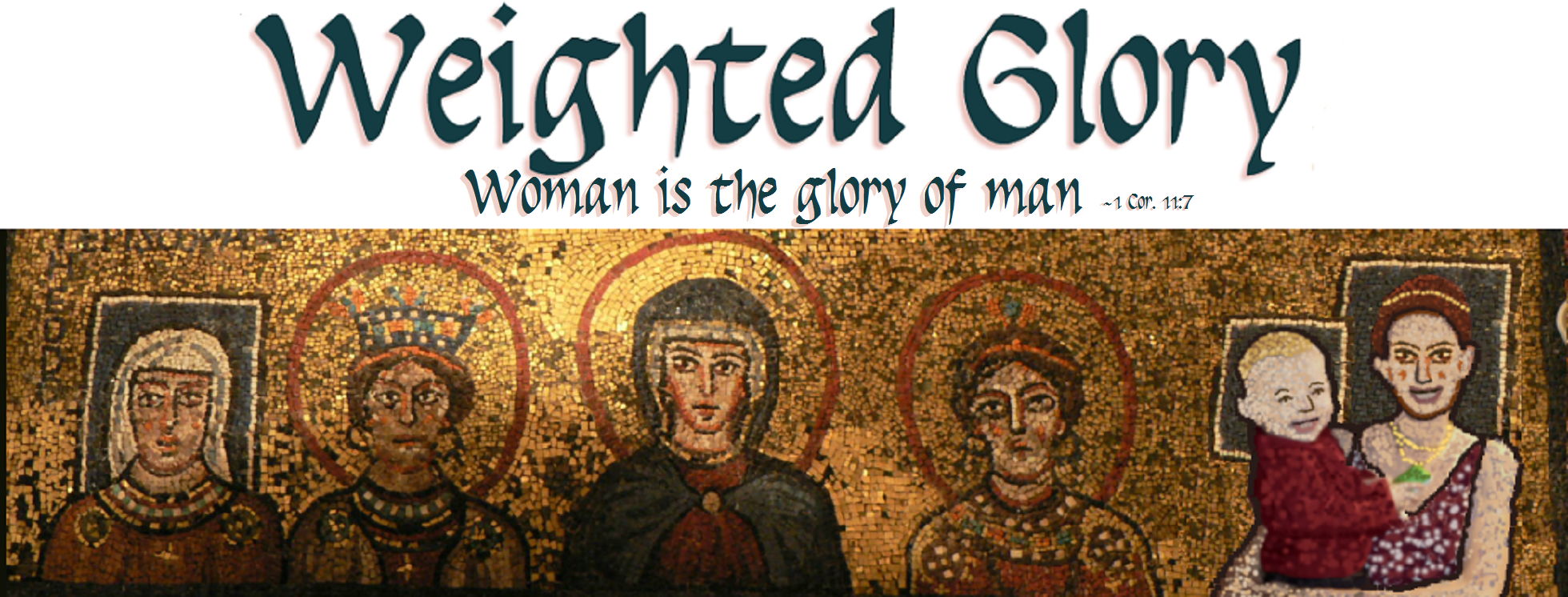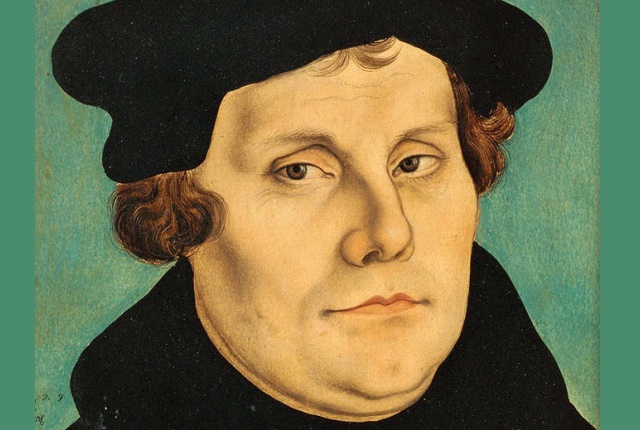 After You Believe: Why Christian Character Matters by N. T. Wright [New York, N. Y.: HarperOne, 2010; HarperAudio audiobook read by Anthony Ferguson, 2010]
After You Believe: Why Christian Character Matters by N. T. Wright [New York, N. Y.: HarperOne, 2010; HarperAudio audiobook read by Anthony Ferguson, 2010]
If C. S. Lewis had been in favor of women’s ordination and a Bible scholar (two things which naturally belong together ;-)), he would have been N. T. Wright. They were/are both Anglican, English, taught at Oxford, and have/had a preponderance of fondness for being known by their initials. Wright also, like Lewis, possesses a keen ability to reason from the Scriptures in a simple yet logical manner and a creative command of useful metaphors and analogies to bring his points to life. His Simply Christian (which I haven’t read) has been compared to Lewis’s Mere Christianity, with obvious similarities in the titles. No word on whether or not Wright shares in Lewis’s fondness for cigars, but I digress.
After You Believe: Why Christian Character Matters is a sequel to Simply Christian, but I can attest that you don’t have to read the first to understand and be edified by the second. As the subtitle suggests, After You Believe is about the development of character and what that means, a call for Christians to return to the pursuit of virtue. Central to Wright’s message is a breakdown of what the “Royal Priesthood” is: that Christians are meant to be both rulers and priests, and that this life is but the small opening part of a much longer existence (there are echoes of deification in this theology, although Wright does not use that term). The pursuit of virtue is not a matter of salvation, Wright is clear, but something we should seek earnestly in anticipation of and preparation for what God means for us to be. Wright makes the case that virtue is not something we are automatically given by the indwelling of the Spirit, but something that we must make a conscious effort to build up and pursue—with the Spirit’s help, of course.
The text is rich with references to the Scriptures, especially the writings of Paul, wherein Wright delves into the teachings of pagan ethicists who were popular in Paul’s day and demonstrates how Paul emulates, transforms, and contrasts with their teachings. Wright compares the pursuit of virtue which he is advocating to the pagan concept of eudaimonia (εὐδαιμονία), sometimes translated “happiness” or “well-being” but more appropriately translated “flourishing.” Wright’s goal is that Christians would flourish in their walk with God and their pursuit of holiness.
Where I most appreciated Wright was in how he applies his teachings to chastity and adultery. Chastity, he says, is a virtue, rather than an arbitrary rule or law. It is something that should be pursued and built up over time just like gentleness, self-control, humility, honesty, faithfulness, and other Christian virtues; it should not be expected that Christians will be perfect at it from adolescence, nor should Christians give up on it in shame or frustration every time they fail at it. I feel like viewing chastity in this manner—as a virtue that one builds up, rather than a law wherein a person is spoiled as soon as they break it once—might assuage the angst and guilt of any number of Christians, especially young Christians.
Likewise, in regards to adultery, Wright discusses the example of an ecclesiastical leader caught in an ongoing affair and whether or not that leader should be restored (a subject I have strong feelings on). Wright points out that the issue is not that a seemingly arbitrary rule has been broken, nor is it the case that one shouldn’t have compassion for the individual. The issue is what the ongoing affair says about that Christian’s character and whether such a person should be in leadership—can the congregation ever put their trust in such a person again? I wanted to stand up and cheer when I read that.
I’m embarrassed to say that it’s been years since I read anything by Wright, but I expect this book will have helped me in my Christian walk with God more than anything else I have read this year. Given that, I look forward to reading more of him in the near future.
Grade: A



